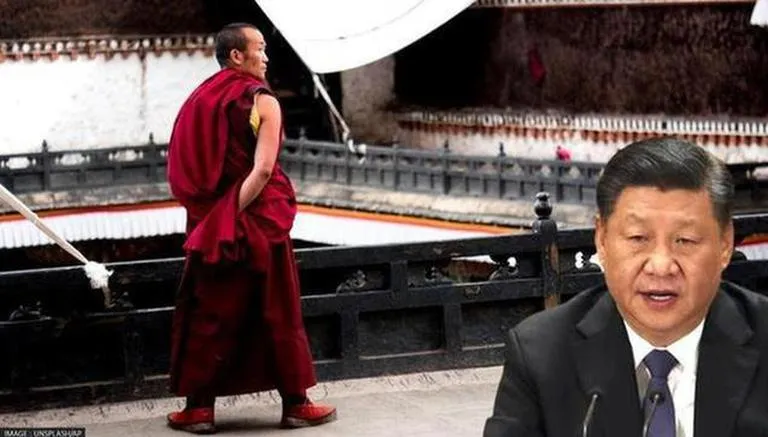The 52nd Session of the Human Rights Council in the Swiss city of Geneva became the centre of an exposé about Chinese repression in Tibet and Xinjiang. On Thursday, research analyst Aaron Magunna spoke during an interactive dialogue and highlighted the plight of Tibetan children and the Uyghur community.
“The recent report by the Special Rapporteur on minority issues has once again put the spotlight on the discrimination many minorities face in the world today. Discrimination, the report highlights, is the result of both state policy and international indifference,” he said.
Magunna, who is a research analyst at European Foundation for South Asian Studies (EFSAS), referred to an explosive report by UN experts that revealed that China was forcibly sending Tibetan children to boarding schools in order to alter their cultural identity and assimilate them.
“Discrimination against Tibetans and Uyghurs in China illustrates this. The report notes that Tibetan children are routinely separated from their families and sent to residential schools. These schools are part of a broader policy that seeks to Sinicize the Tibetan population, eroding its unique religious, linguistic, and cultural identity,” he said, according to ANI.
The repression of Uyghur
According to Magunna, Uyghur residing in the Xinjiang region are on the receiving end of much harsher treatment by the Chinese government. “A 2022 UN report has noted serious human rights violations against the Uyghur population, including forced labour, systemic sexual violence, and eugenics programs. In Xinjiang, cultural destruction is a defining part of the modus operandi of state institutions,” he elucidated.
But for the research analyst, China isn’t the only one to blame. The 2023 report noted that minorities continue to get sidelined by the UN. “The UN’s approach toward minorities creates a vacuum in which the violations against Chinese minorities are situated. The UN’s legitimacy rests upon its ability to deliver human rights for all. Both the UN and its member states must bolster their efforts to hold States accountable for the human rights violations they commit against their populations,” he concluded.

